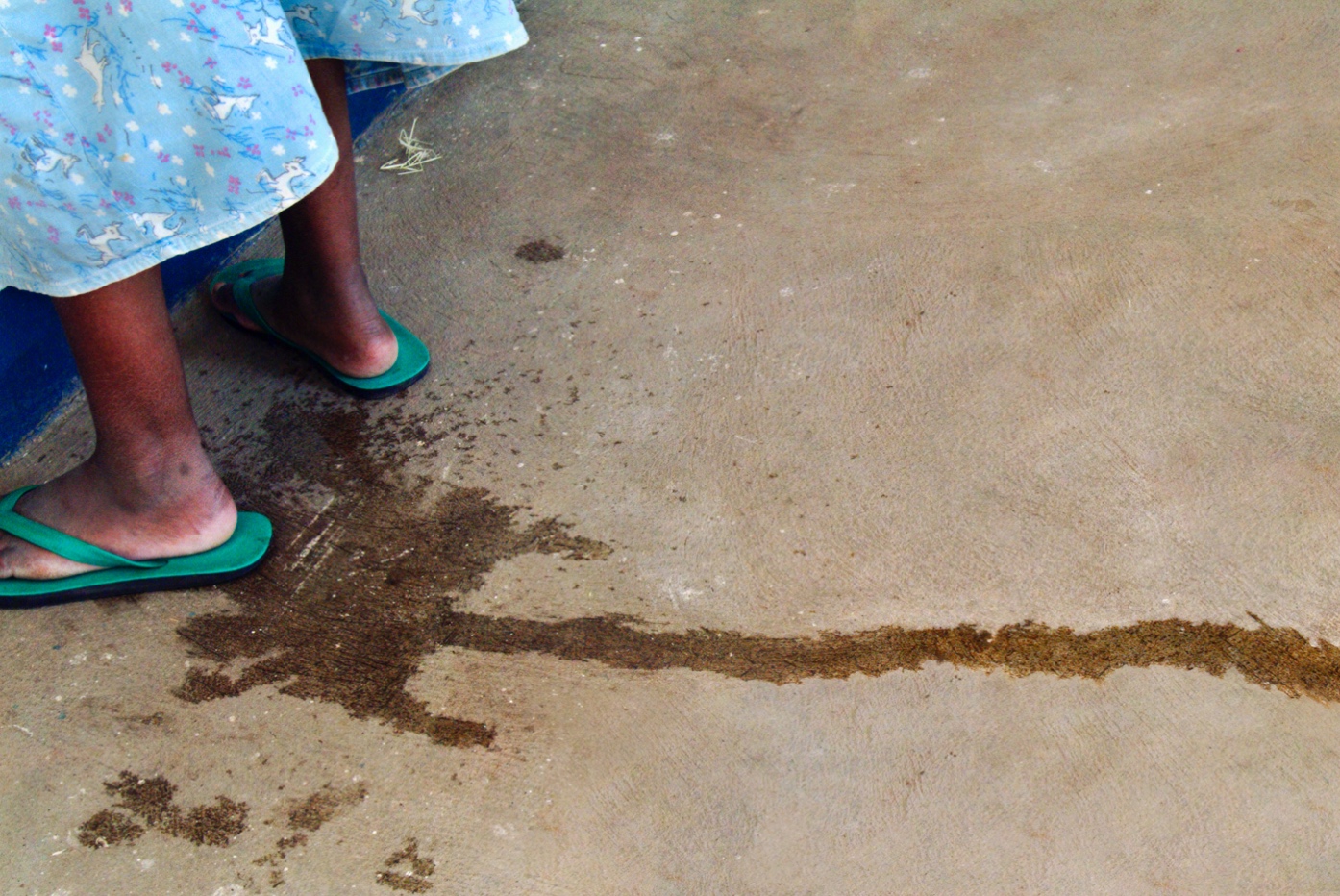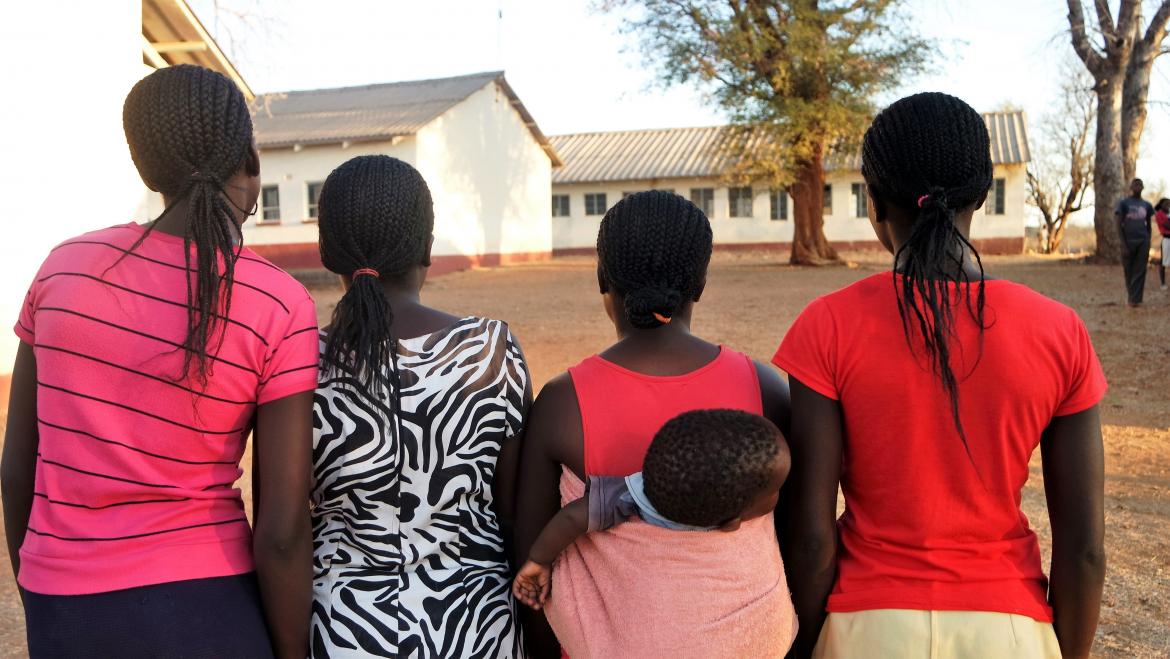The nurses have had enough: Why healthcare workers are leaving Zimbabwe

Nurses in Zimbabwe have threatened to leave the country and go on strike due to becoming impatient with Mnangagwa’s failed policies to deal with stagnant salaries and the rise of poverty in the country.
For many nurses in Zimbabwe, they are earning US$200 a month, with the lowest-paid nurses earning 3000 Zimbabwean dollars ($73) in salary and allowance monthly. This contrasts to the $15,573 that the state statistical agency said an average family of five in Zimbabwe needs to not be considered poor. For most of these nurses, they must worry about paying for school fees for their children and their parents’ medical bills, which are just a few of the many financial challenges they face due to the money they pull in not matching the pace of inflation over the past few years. As a result, they now view leaving the country as the only way to access higher-paying jobs and ensure their families' futures.
Why they are leaving
The global pandemic has increased the demand for healthcare workers from across the globe, which has led to Zimbabwe’s healthcare services losing over 2000 healthcare professionals in 2021. The nurses have been encouraged by the low salaries, lack of personal protective equipment, and the lack of horizontal progression in the nursing sector. The situation has worsened as nurses have discovered they earn the lowest healthcare salaries in the Southern African region, realizing there is more potential in earning US dollars, rather than sticking with the constantly inflating Zimbabwean dollar.
The 2019 to 2022 strikes
The economic carnage Zimbabwe has faced since covid-19 hit the country has seen the nurses strike multiple times to encourage a change in government legislation, albeit failing to convince the Mnangagwa government. In 2020 the Zimbabwean nurses association (ZINA) went on a 3-month strike, in response to the significant drop in average wages from US$500 to US$200. With the inflation rate above 800%, the nurses were reminded of past hyperinflation that had wiped out the average Zimbabwean’s savings and pensions.
The union’s spokespeople spoke of their members feeling incapacitated and citing the low pay could no longer meet their basic needs. The union's priority was to spur the Mnangagwa government to pay their salaries in US dollars and increase their average salaries back to the pre-pandemic levels of $500. In response to the strike, the government stated that they would consider tabling a 50% increase pay offer for the health sector and giving the workers a $75 covid-19 allowance. However, since the strike ended in June 2020 nurses are still reporting that they have not received the announced package
Amid continuing low salaries, and a lack of essential equipment, nurses currently in waiting mode to leave the country have threatened to join teachers on strike since 11th January 2022. The nurses were encouraged by the lack of support the government has offered the teachers, with those on strike suspended for refusing to quietly accept the 20% local currency increment, the US$100 incentive, and proposed free school fees for their children. This is similar to the 2019 response by Vice President Constantino Chiwenga, doubling as the health minister, who fired nurses for striking and then forced them to reapply for lower salary jobs.
The Zimbabwean government's recent responses to strikes may soon come back to haunt them as more workers flee overseas for more lucrative jobs. As they seek better opportunities elsewhere, Zimbabwe could soon be in a position where thousands of children are stillborn, houses are left to burn, and the sick are left to die without sufficient help or care.
As foreign countries continue to lure workers with better salary packages, career advancement, and quality of life, it just might be time for the Zimbabwean government to transfer the money that goes towards purchasing foreign properties and paying cabinet ministers’ medical bills overseas towards increasing the salaries of those that keep the country
Articles from Taida Nando
View blog
For many young girls and women in developing countries, child marriage and early childbirth tend to ...

Historically, Zimbabwe's conservative and religious culture has had a problem with gender inequality ...
You may be interested in these jobs
-
Estates & Facilities Manager
Found in: Talent UK C2 - 1 week ago
Trent & Dove Housing Burton upon Trent, United KingdomReporting to our Head of Property Services, the successful candidate will be responsible for managing business critical contracts and providing specialist advice, guidance and support to colleagues and partners in relation to grounds maintenance and communal cleaning within our h ...
-

EPM Senior Analyst
Found in: Jooble UK O C2 - 1 day ago
Wood Mackenzie Limited United KingdomWood Mackenzie are the global research, analytics, and consultancy business powering the natural resources industry. For 50 years, we have been providing the quality data, analytics, and insights our customers rely on to inspire their decision making. Our dedicated oil, gas & LNG ...
-
Care Manager
Found in: Jooble UK O C2 - 5 days ago
Four Oaks Healthcare England, United KingdomFour Oaks Healthcare is a nurse-led provider of live-in and domiciliary care and, due to expansion, we are looking for an enthusiastic, passionate individual to join our growing team as a Domiciliary Care Manager. · As a Care Manager, you will be managing a team that provides car ...

Comments